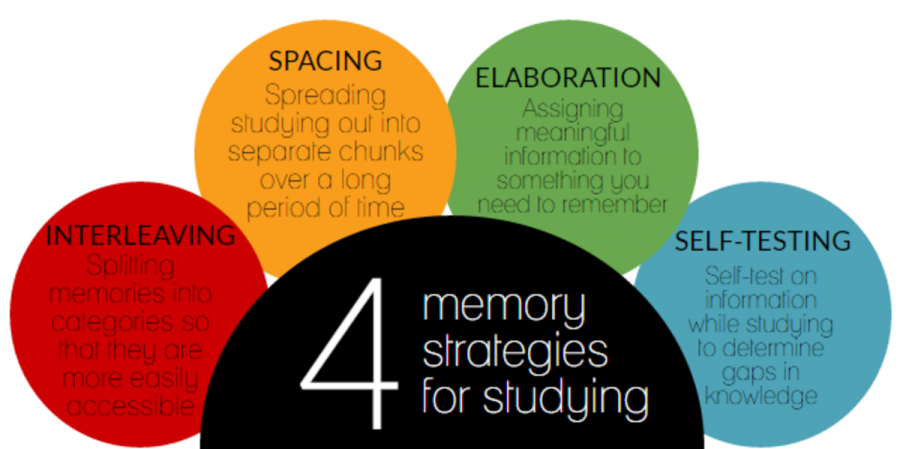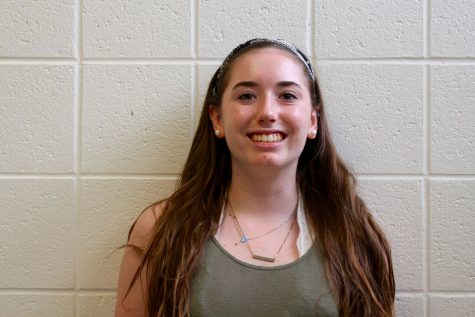Whitman alum educates teachers on memory techniques
January 19, 2017
Students are required to memorize everything from math formulas and historical dates to vocabulary terms and the periodic table. And with the help of Whitman alum Javier Arguello (‘90), this information may be a little easier to remember come test day.
Teachers participated in a workshop led by Arguello throughout the day Jan. 9, in place of their monthly staff meeting. Arguello is currently the managing director of Cognitive Pro (COGx), a firm that teaches educators, companies and students to apply cognitive science to learning. The meeting focused on educating staff about memory strategies to help students retain information more effectively.
The long-term goal is for teachers to start applying the new strategies so students can get more out of their classes and learn more efficient studying habits, principal Alan Goodwin said.
“Our students are under a lot of academic pressure at this school,” Goodwin said. “Learning how to study more effectively will help them here and in college,”
Students need the ability to stop and to forget, to realize that they don’t know everything yet
— English teacher Ryan DerenbergerArguello emphasized that different memory techniques work best for different students. This means that while one student may be able to easily memorize something after hearing it in class, another may have to write it down on flashcards and quiz themselves before they really know the information.
“You don’t know who you’re going to have in your classroom, but you have to wholistically explain memory to apply it to everyone,” Arguello said.
For teachers, the meeting included a reminder that while students are often able to memorize information for short amounts of time, that doesn’t necessarily mean that they will retain it after test day.
English teacher Ryan Derenberger said he hopes to relay the strategies discussed in the meeting to his students so they are able to more easily store information for longer periods of time. Additionally, he hopes to use the strategy discussed of giving students time to forget information and relearn it before being tested on it.
“As a teacher, we want to be better and we want our students to do better, so when something presents itself we’re ready to listen,” Derenberger said. “Students need the ability to stop and to forget, to realize that they don’t know everything yet.”
In math classes, teachers plan to apply the strategies discussed to prevent students from forgetting concepts from previous chapters that reappear in later units.
“In a lot of math classes, the earlier stuff doesn’t go away,” math teacher David Paulson said.
Regardless of subject area, teachers plan to use the new techniques to help students remember things for longer so they don’t forget things that end up being important later in the curriculum.
“If you don’t have those memory cues to recall them, you have to reteach the same thing over and over again,” Paulson said.









